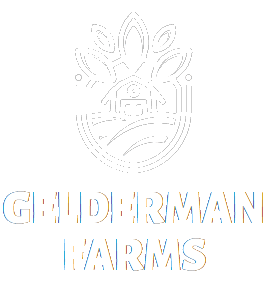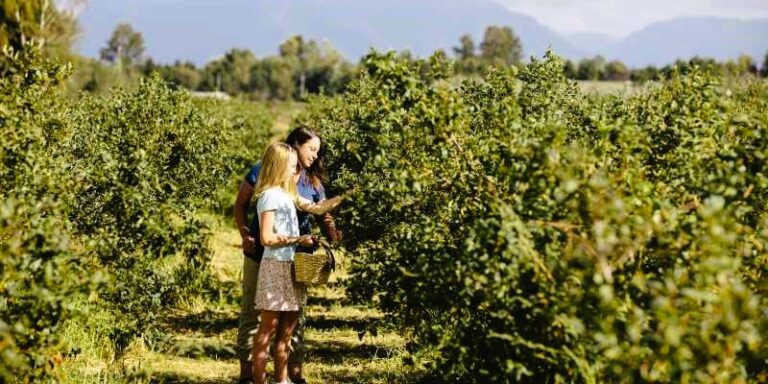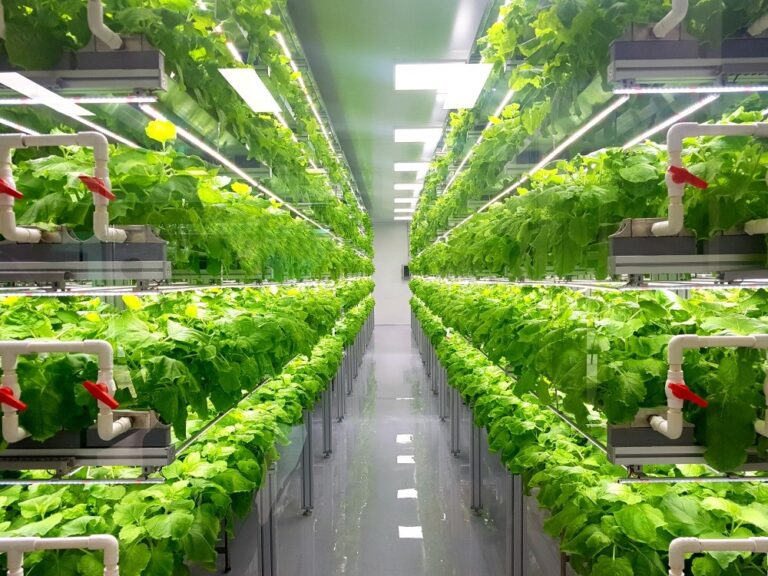Sustainable livestock farming and ethical animal husbandry have become increasingly important topics in today’s agricultural landscape. As consumers around the world demand more responsibly produced food, the agricultural industry has been forced to reevaluate its practices. Abbotsford, a picturesque city in British Columbia, Canada, has emerged as a leading hub for sustainable livestock farming and ethical animal husbandry. In this article, we will explore the principles behind sustainable livestock farming, the ethical treatment of animals, and how Abbotsford has become a model for responsible agricultural practices.
What is Sustainable Livestock Farming?
Sustainable livestock farming refers to the management and utilization of livestock in a manner that meets present needs without compromising the ability of future generations to meet their needs. The concept encompasses environmental, economic, and social aspects of farming practices. Key principles of sustainable livestock farming include:
- Conservation of Resources: Farmers in Abbotsford focus on conserving natural resources such as water, soil, and energy. They employ practices that reduce waste, minimize pollution, and protect biodiversity.
- Animal Welfare: Ethical treatment of animals is a fundamental pillar of sustainable livestock farming. It involves providing animals with adequate space, proper nutrition, and access to natural behaviors.
- Community Engagement: Abbotsford farmers actively engage with their local communities, seeking feedback, and implementing sustainable practices that align with community values and needs.
- Long-Term Viability: Sustainable livestock farming in Abbotsford aims to maintain profitability while considering the long-term viability of the farm and its impact on the environment and society.

Ethical Animal Husbandry in Abbotsford
Ethical animal husbandry is at the core of sustainable livestock farming practices in Abbotsford. Farmers in the region prioritize the welfare of their livestock, adhering to strict guidelines and industry standards. These guidelines may include:
- Humane Living Conditions: Livestock in Abbotsford are provided with spacious and clean living areas, allowing them to exhibit natural behaviors and reducing stress.
- Responsible Use of Antibiotics: Farmers in Abbotsford limit the use of antibiotics to treat sick animals and avoid using them as growth promoters, preventing the development of antibiotic-resistant bacteria.
- Grazing and Pasture-Based Systems: Many farmers in Abbotsford employ rotational grazing and pasture-based systems, providing livestock with access to fresh forage and allowing land to rest and regenerate. Empowering women farmers in Abbotsford, read more here.
- Avoidance of Hormones and Growth Promoters: Hormones and growth promoters are avoided in ethical animal husbandry to ensure the natural growth and development of livestock.
- Genetic Diversity: Farmers prioritize maintaining genetic diversity in their livestock populations, which enhances resilience to diseases and environmental changes.
Role of Standards and Regulations
The success of sustainable livestock farming in Abbotsford can be attributed, in part, to robust standards and regulations. Canada has a well-established framework for agricultural standards, overseen by organizations such as the Canadian Food Inspection Agency (CFIA) and the Canadian General Standards Board (CGSB). These organizations work together to develop and enforce guidelines that promote ethical animal husbandry and sustainable farming practices.
The CFIA ensures that food safety, animal health, and plant health standards are met, while the CGSB develops and maintains voluntary standards that contribute to the safety and sustainability of agricultural products. Farmers in Abbotsford adhere to these standards, and many have gone above and beyond to achieve third-party certifications that demonstrate their commitment to sustainability.
Notable Sustainable Livestock Farms in Abbotsford
Several farms in Abbotsford have gained recognition for their commitment to sustainable practices and ethical animal husbandry. One such farm is “Green Pastures Livestock,” a family-owned operation that specializes in pasture-raised poultry and grass-fed beef. They have achieved various certifications, including Animal Welfare Approved (AWA) and Certified Humane, highlighting their dedication to animal welfare.

Another notable farm is “Harmony Acres,” which focuses on sustainable dairy production. They have implemented innovative waste management systems, utilizing cow manure as fertilizer for their pastures, while also generating biogas to meet energy needs on the farm.
Conclusion
Abbotsford’s sustainable livestock farming practices and commitment to ethical animal husbandry have positioned the region as a shining example of responsible agriculture. By prioritizing animal welfare, conserving resources, and engaging with their communities, farmers in Abbotsford have forged a path towards a more sustainable and ethical future for agriculture. Thanks to strong standards and regulations set by organizations like the CFIA and CGSB, the city continues to thrive as a leader in the global agricultural landscape.
For more information on Canadian agricultural standards, you can visit the Canadian Food Inspection Agency’s website at https://www.inspection.gc.ca/english/toce.shtml.



